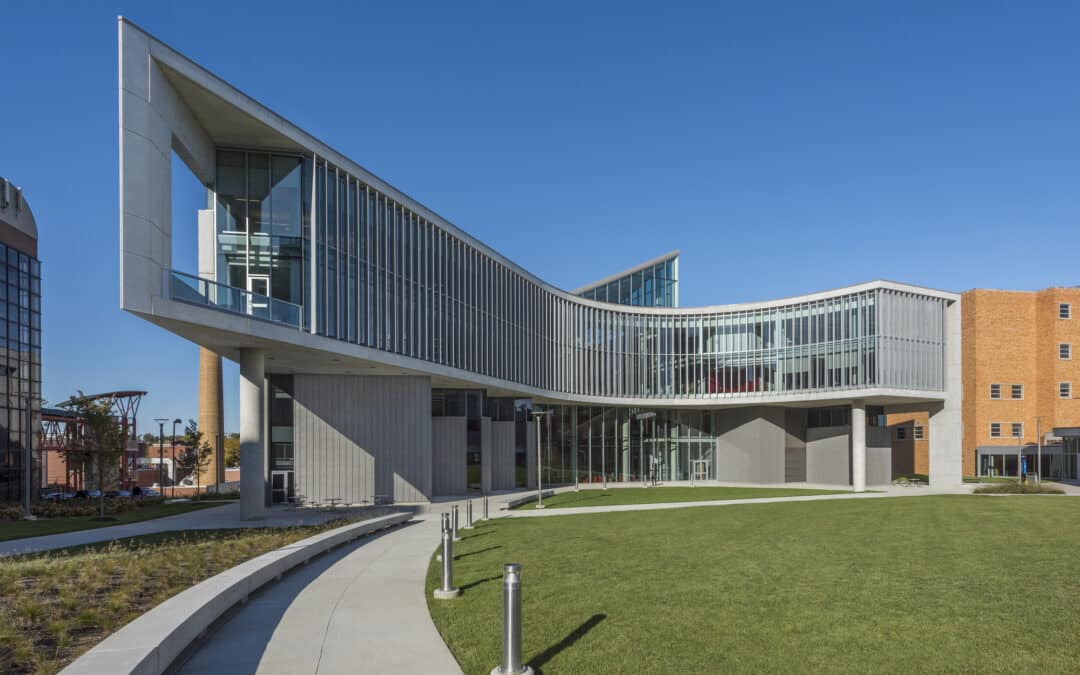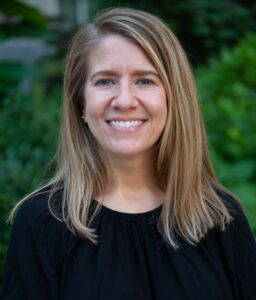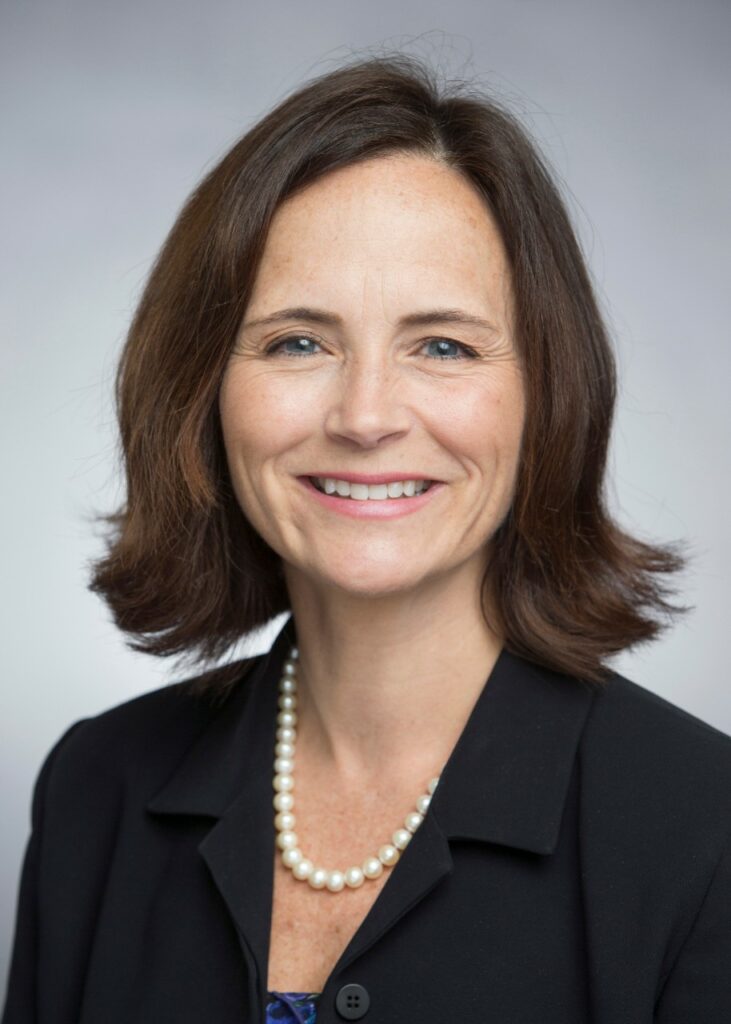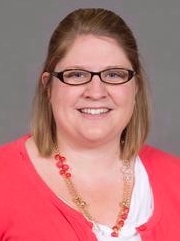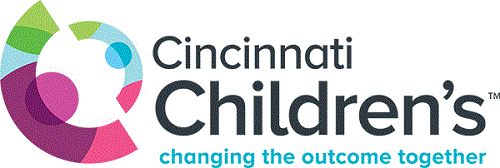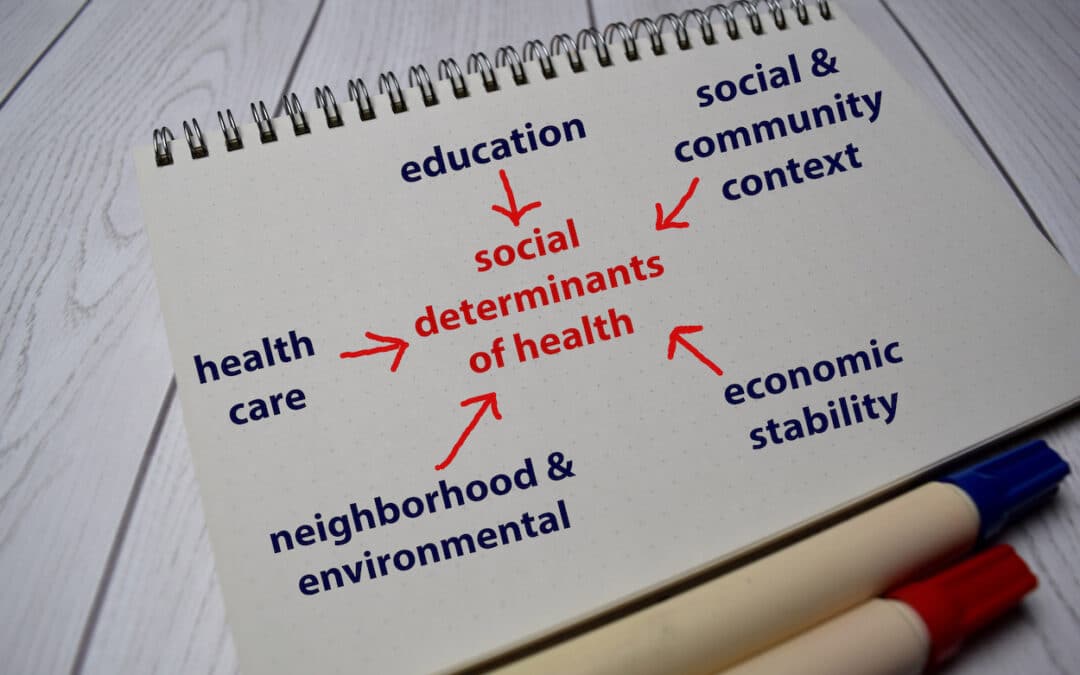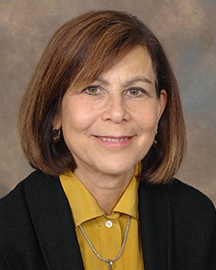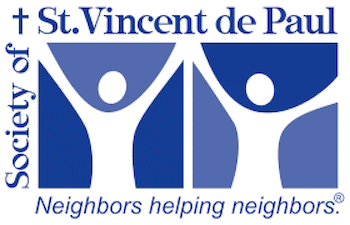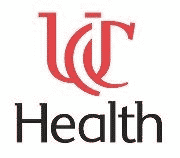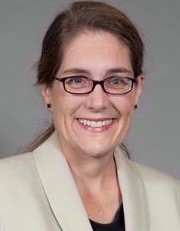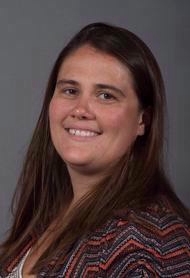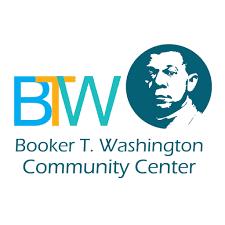
Project Impact
Project Impact
Integrating Mobile Phone Applications in Community Treatment: An Academic and Community Partnership to Improve Access and Enhance Behavioral Healthcare.Project IMPACT: Integrating Mobile Phone Applications in Community Treatment: An Academic and Community Partnership to Improve Access and Enhance Behavioral Healthcare.
Project aims to build capacity by increasing the training workforce to be competent users of comprehensive mobile application called myStrength, thereby expanding behavioral health services and overall community wellness. The goals of myStrength are within 12 months to: train 12 Counseling and Social Work interns and 65 clinicians to effectively use myStrength to augment care for clients with behavioral health disorders including PTSD; introduce myStrength to 800 adolescents and transitional-aged youth (13-24 years old) and 2200 adults (25-79 years old) in the Child and Family Services Division of GCBHS; Encourage client usage of the application, attaining a 25% usage rate; and determine the barriers and facilitators to implementing this app in a community behavioral health agency.
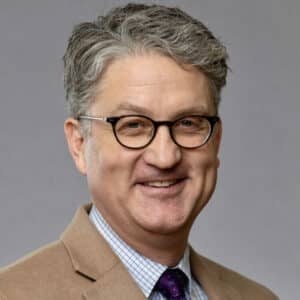
Michael Brubaker, PhD
Faculty Partner
Associate Professor

Shauna Acquavita
Faculty Partner
Associate Professor
College of Allied Health Sciences

Andrew Wood
Faculty Partner
Assistant Professor
College of Education, Criminal Justice, & Human Services
